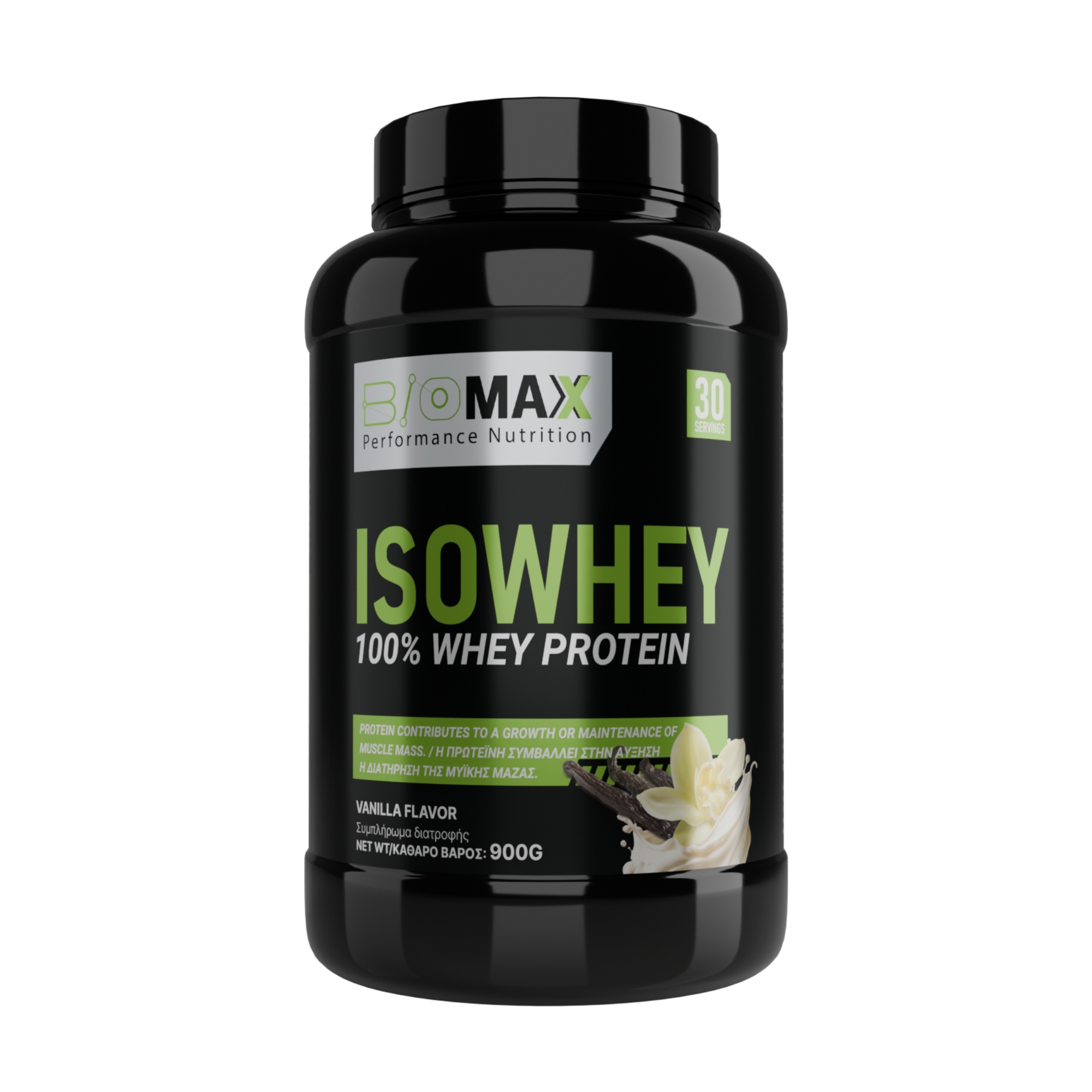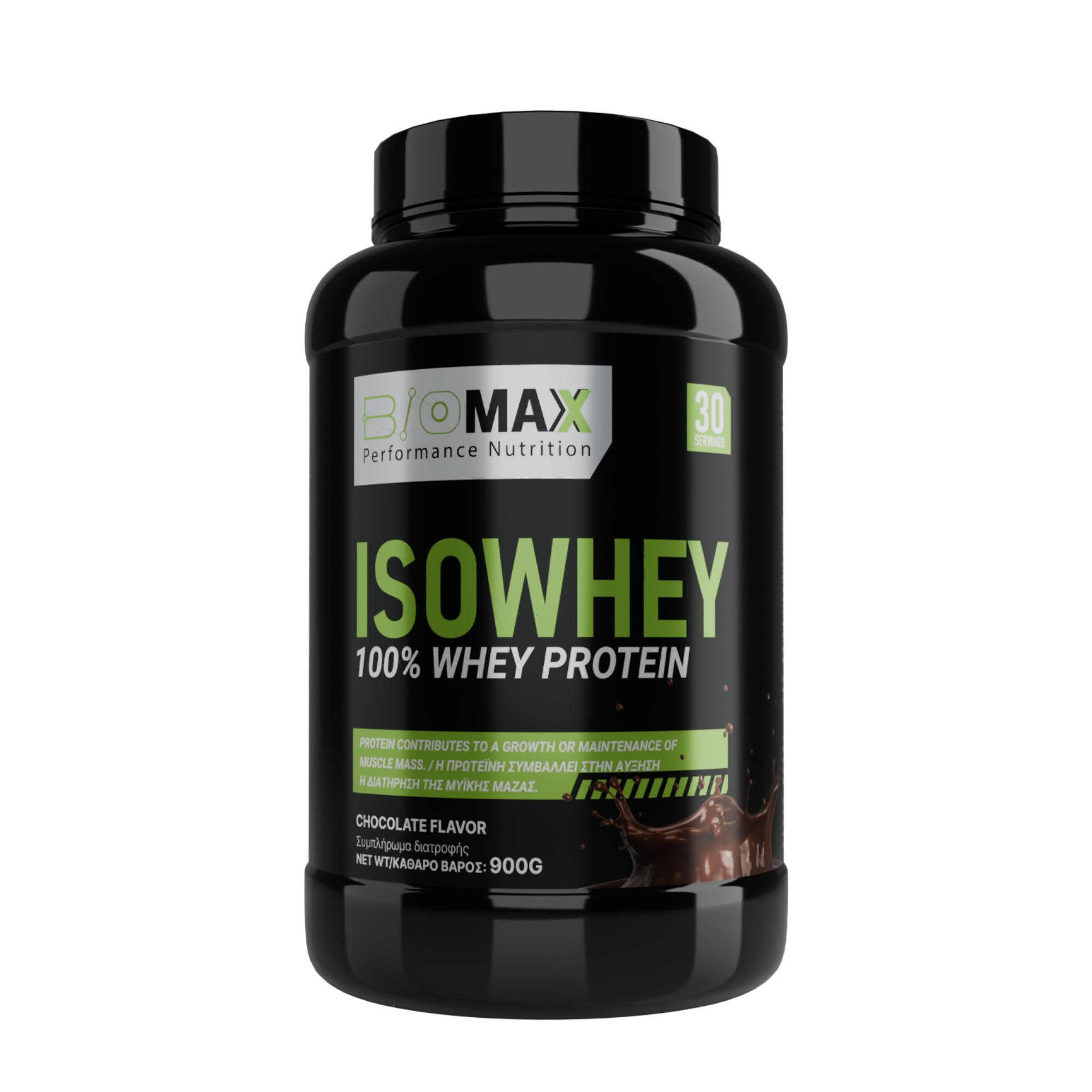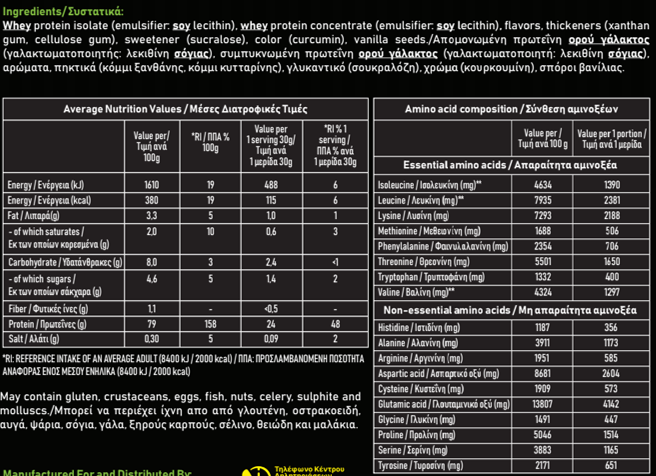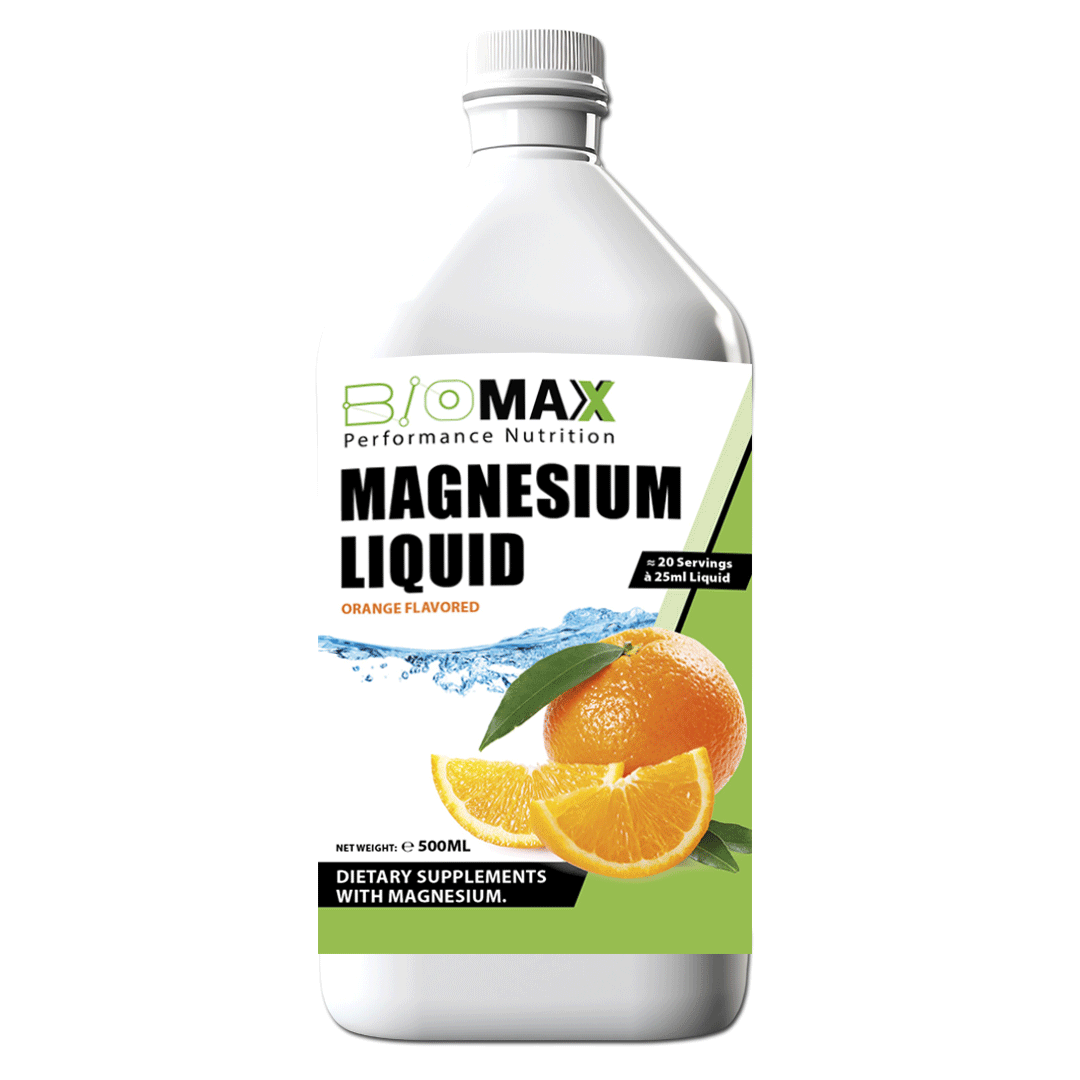What is Whey Protein?
A significant portion of the protein found in protein bars, drinks, and powders comes from milk. When milk is processed to produce cheese or yogurt, the liquid that remains is called whey. This liquid contains the proteins commonly referred to as whey protein.
What is the difference between Whey Protein Isolate and Whey Protein Concentrate?
There are several nutritional differences between Whey Protein Isolate and Whey Protein Concentrate due to their processing methods. Whey is collected as a byproduct of cheese or yogurt production and undergoes various stages of processing to increase its protein content. Once sufficient protein concentration is achieved, the liquid whey is dehydrated to form Whey Protein Concentrate powder, which consists of up to 80% protein by weight. The remaining 20% includes carbohydrates and fats.
If the concentrate undergoes further processing to reduce fat and carbohydrate content, Whey Protein Isolate is produced, which contains 90% or more protein by weight. Both forms contain low levels of lactose, with isolate being especially suitable for people with lactose intolerance.
Can it help with weight loss and prevent weight gain?
Protein is crucial for weight loss. To lose weight, you need to consume fewer calories than your body requires, creating a caloric deficit. Protein consumption increases the number of calories burned, boosts metabolic rate, and reduces appetite. Consuming protein at around 25-30% of daily caloric intake has been shown to enhance metabolism by 80-100 calories per day compared to low-protein diets.
The most significant role of protein in weight loss is its ability to curb appetite, leading to a feeling of fullness and reduced calorie intake.
Can it aid in muscle mass and strength development?
Muscle growth relies heavily on protein intake. During resistance training, muscles experience microtears and damage. To promote muscle growth, the body needs to synthesize more muscle protein than it breaks down, achieving a positive protein balance.
If the balance is negative, it results in a catabolic state, reducing muscle mass. Therefore, individuals aiming to build muscle mass should consume higher amounts of protein and increase resistance training. Greater muscle damage, combined with sufficient protein, translates to more significant muscle growth. Research shows that higher protein intake supports muscle growth and strength development.
Can it maintain muscle mass during a caloric deficit?
People aiming to lose weight often follow low-calorie diets. Increasing protein intake can help maintain muscle mass and promote fat loss. High protein intake prevents muscle loss that typically occurs during dieting.
Summary
Whey Protein Concentrate, like ISOWHEY from BIOMAX PERFORMANCE NUTRITION, is a good choice for individuals who monitor their diet, exercise regularly, and aim to limit their intake of fats, carbohydrates, or lactose. It may support weight loss, prevent weight gain, maintain muscle mass during a caloric deficit, and promote muscle and strength development.
When consumed in proper dosages, supplements like ISOWHEY can positively impact athletic performance and overall fitness.
Suggested Use:
Serving size: 30g
Servings per container: 30 (900g)
Suggested use: Mix 25g with 200ml of water or milk in a shaker or blender.
Bibliography:
- https://dairyprocessinghandbook.tetrapak.com/chapter/whey-processing
- Line Q Bendtsen et al., Effect of Dairy Proteins on Appetite, Energy Expenditure, Body Weight, and Composition: A Review of the Evidence From Controlled Clinical Trials. Adv. Nutr. 2013.
- Robert R. Wolfe et al., Update on protein intake: importance of milk proteins for health status of the elderly. Nutr Rev., 2015.
- Bosse JD et al., Dietary protein to maximize resistance training: a review and examination of protein spread and change theories. J Int Soc Sports Nutr., 2012.
- De Souza RJ et al., Effects of 4 weight-loss diets differing in fat, protein, and carbohydrate on fat mass, lean mass, visceral adipose tissue, and hepatic fat: results from the POUNDS LOST trial. Am J Clin Nutr., 2012.
- Mettler S. et al., Increased protein intake reduces lean body mass loss during weight loss in athletes. Med Sci Sports Exerc., 2010.
- Hoffman JR. et al., Effect of protein intake on strength, body composition and endocrine changes in strength/power athletes. J Int Soc Sports Nutr., 2006.
*Always consult your doctor, dietitian, and trainer before starting a diet or exercise program.








Reviews
There are no reviews yet.